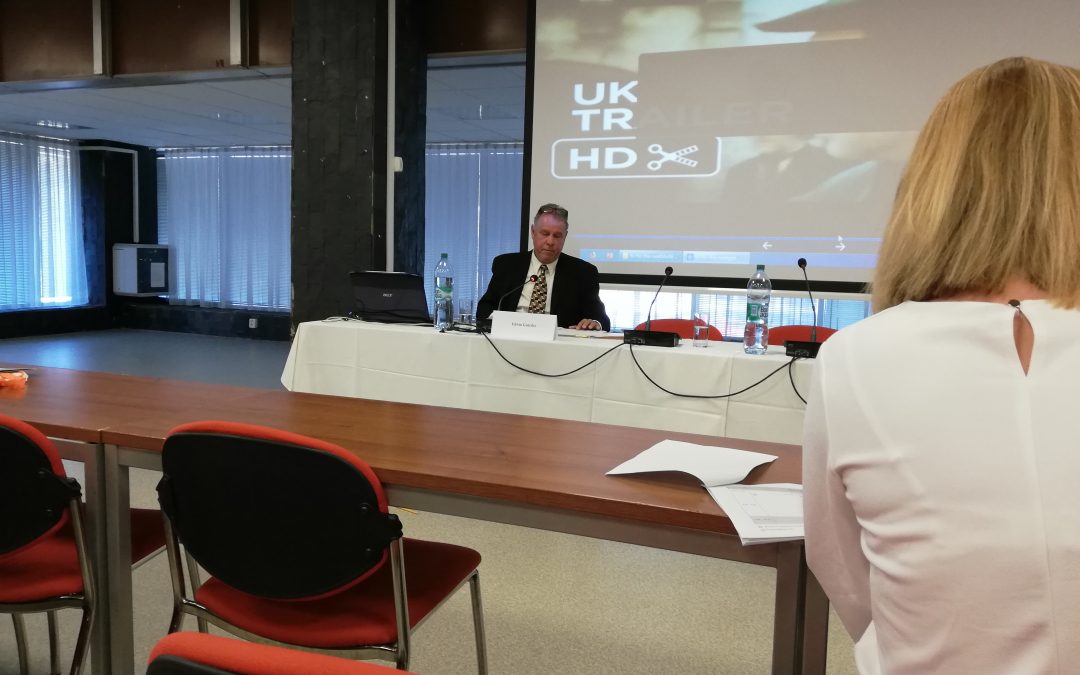With the incessantly expanding amount of texts to be translated for the globalised market and international institutions, instrumental thinking has arguably become a part of translator training programmes, and many non- or semi-professional agents now carry out translations. Recent years have also seen heated debates around the unethical employment of poorly post-edited machine translation misguidedly used with e.g. the intention of preserving small or minority languages proliferated in professional and non-professional circles. Theory has been making visible the impact of the acceptance of such handling of translation via addressing such issues as language commons depletion, commodification of education or loss of sight of the individual human agency in these circumstances. Creativity as manifested in the complexity of human dealing with languages and cultural contexts has been advocated as one of the ways in which translators are able to fight this crude commodification of linguistic transfer. To translate poetry, to tackle with wordplay when translating subtitles, to deal with complex intertextualities in a novel – all these are endeavours require enormous time expenditure and bring little immediate profit. To engage in these is to engage in activities that in long term help alleviate the detrimental effect the superficial handling of interlingual transfer has on languages, cultures and translation process. This panel would like to address creativity in translation in these contexts.
Sources
Stefan Baumgarten, and Jordi Cornellà-Dettrel, “Translation and the Economies of Power,” in Translation and Global Spaces of Power, ed. Stefan Baumgarten and Jordi Cornellà-Dettrel (Blue Ridge Summit, PA: Multilingual Matters, 2018). Kindle.
E.g. Dizdar, Dilek. 2014. “Instrumental thinking in Translation Studies.” Target 26 (2): 206-223. Venuti, Lawrence. 2019. Contra Instrumentalism. Lincoln : University of Nebraska Press. Cronin, Michael. 2016. Eco-Translation. Oxon and New York: Routledge.

